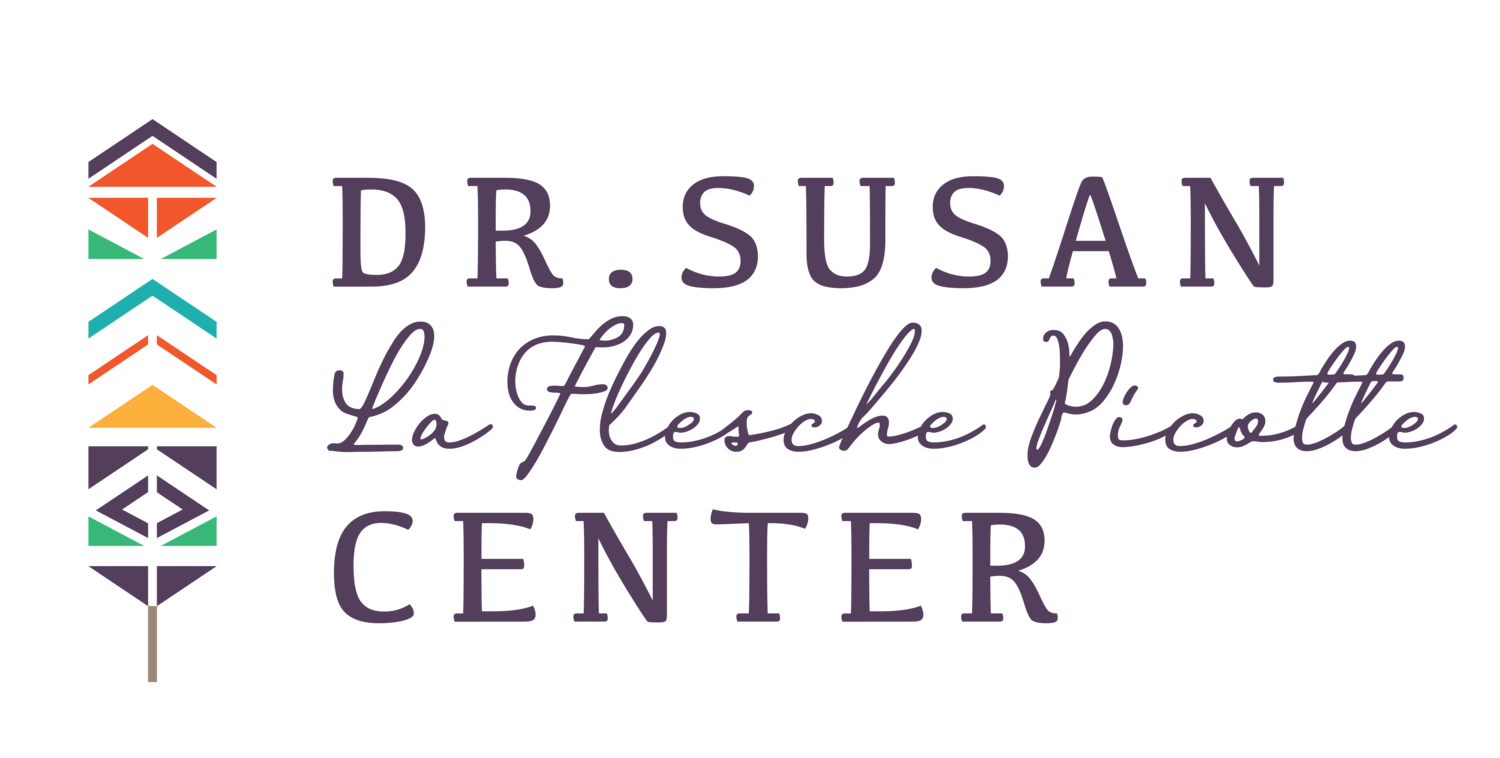Center for Rural Affairs Feature
Susan LaFlesche Picotte (1865-1915) was the first Native American woman physician. She was a member of the Omaha Tribe raised on the Tribe's reservation in Nebraska and educated at Elizabeth Institute for Young Ladies (New Jersey), Hampton Normal and Agricultural Institute (Virginia), and Women's Medical College (Pennsylvania) where she graduated first in her class in 1889. She returned home to the reservation to practice medicine, for much of her career as a Presbyterian medical missionary.
She suffered from a painful and degenerative bone disease that caused severe pain in her ear for about 20 years, and that eventually took her life. Despite her own diminished health, she continued a daunting daily schedule and always left a lighted lamp in the window of her home to welcome patients in the night.
In addition to her pioneering medical career, Dr. Picotte was a church and community leader, public health advocate, and Indian rights activist. Her life was devoted to promoting health, healing illness, serving community, and fostering respect between races.
Near the end of her life, she accomplished a goal that had eluded her many years. She raised the funds necessary to construct a hospital on the reservation in the town of Walthill. After her death, it was named in her honor. The hospital served both Native Americans and whites for over 30 years, then served as an elder care center for another 20 years.
In 1989, the building was rescued from deterioration by a local multi-racial committee whose goal was to establish a center to:
commemorate Dr. Picotte as a role model of the servant, student, and healer
celebrate the cultural diversity of the communities she served
learn and teach the shared histories of the people who live in these communities
encourage cooperative relations between the racial groups who live in these communities
The group acquired the property in 1988, it was listed on the National Register of Historic Places in 1989, and declared a National Historic Landmark in 1993. It is owned by the Susan LaFlesche Picotte Center, Inc., a private, non-profit, tax-exempt corporation.
